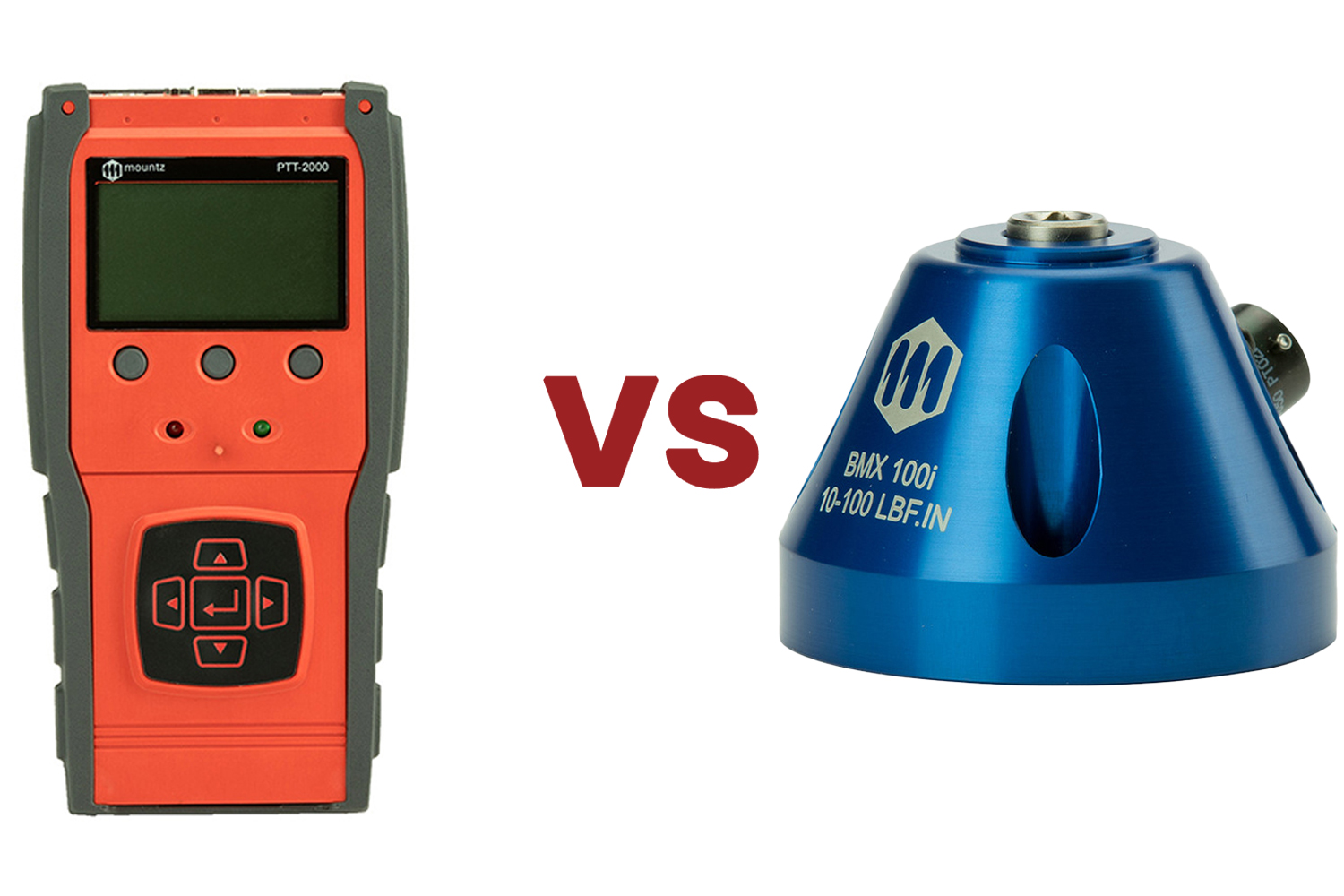
Torque Analyzer vs Torque Sensor: What’s the Difference?
Learn the difference between torque analyzers and torque sensors, how they work together, and how to choose the right setup for calibration and verification.
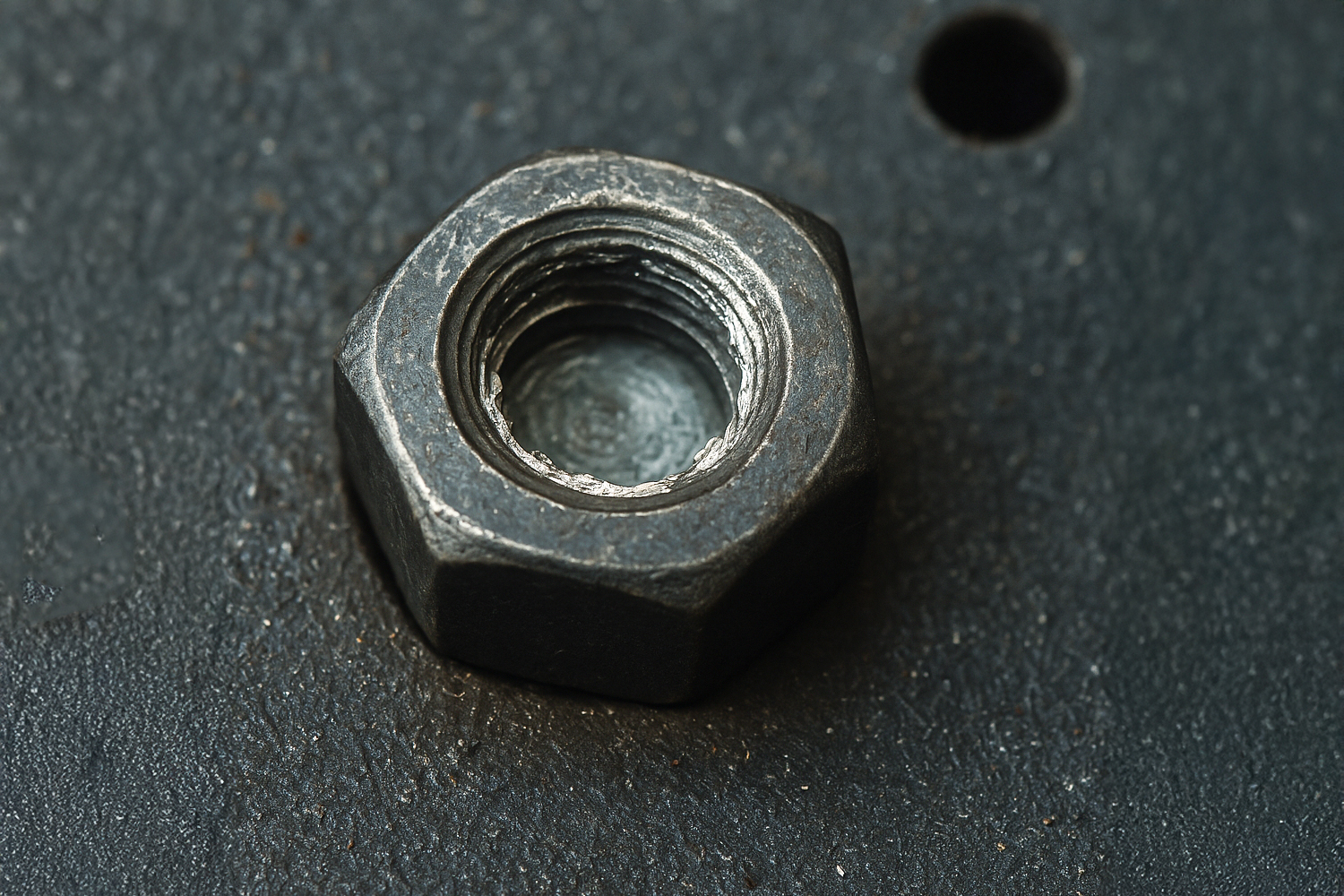
Best Torque Tools for Preventing Stripped Fasteners
Stripped fasteners can halt production and trigger costly rework. This guide highlights the best torque tools—like cam-over screwdrivers, preset click wrenches, and torque testers—to stop over-tightening at the source. Learn which tools prevent thread damage in electronics, automotive, aerospace, and more.
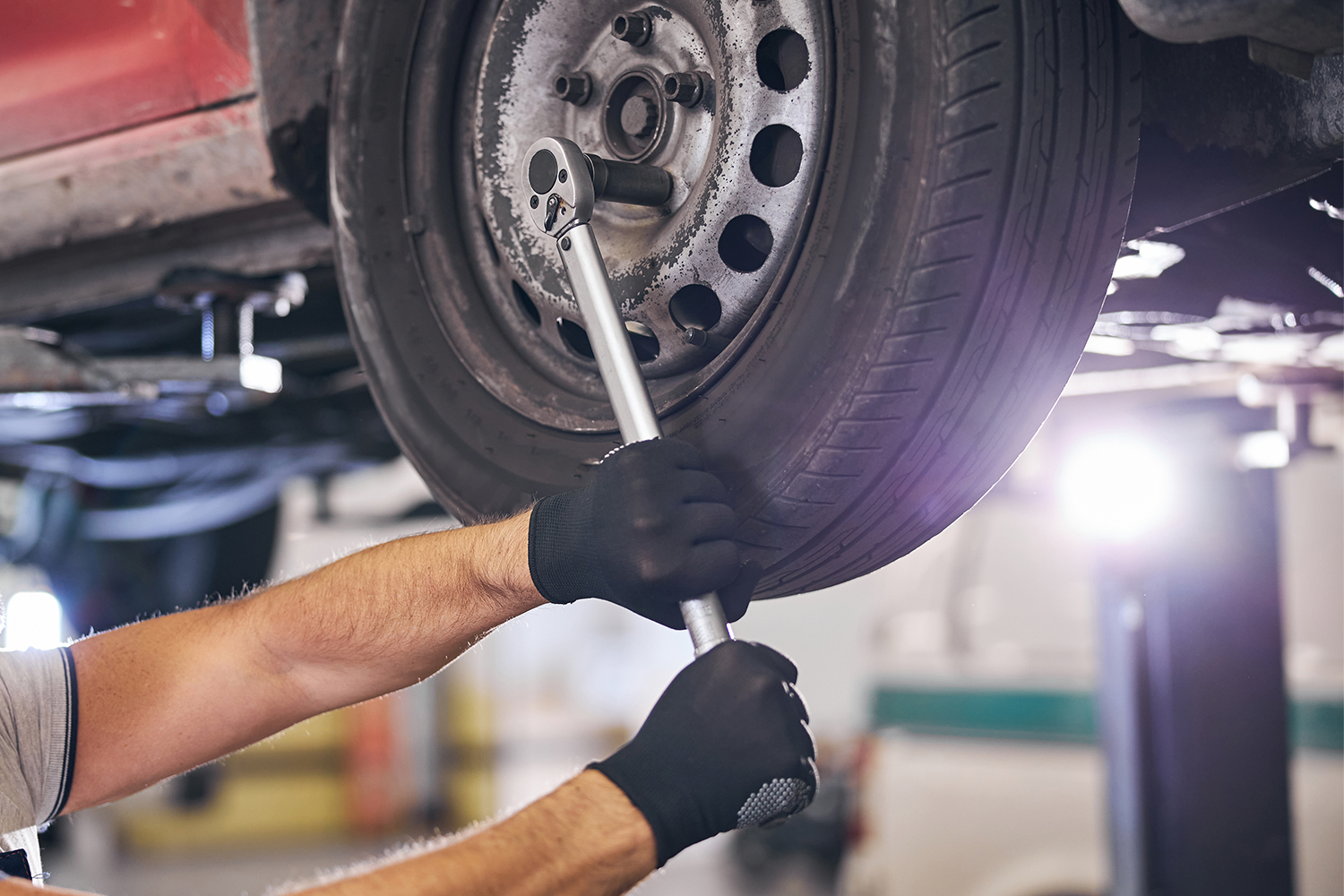
Torque Tool Calibration Best Practices: A Technician’s Guide to Accurate Fastening
This hands-on guide breaks down torque calibration from a technician’s perspective. Learn practical intervals, daily verification tips, and which tools—like digital wrenches and torque analyzers—help prevent drift before it affects your line. Ideal for manufacturing, QA, and maintenance teams.
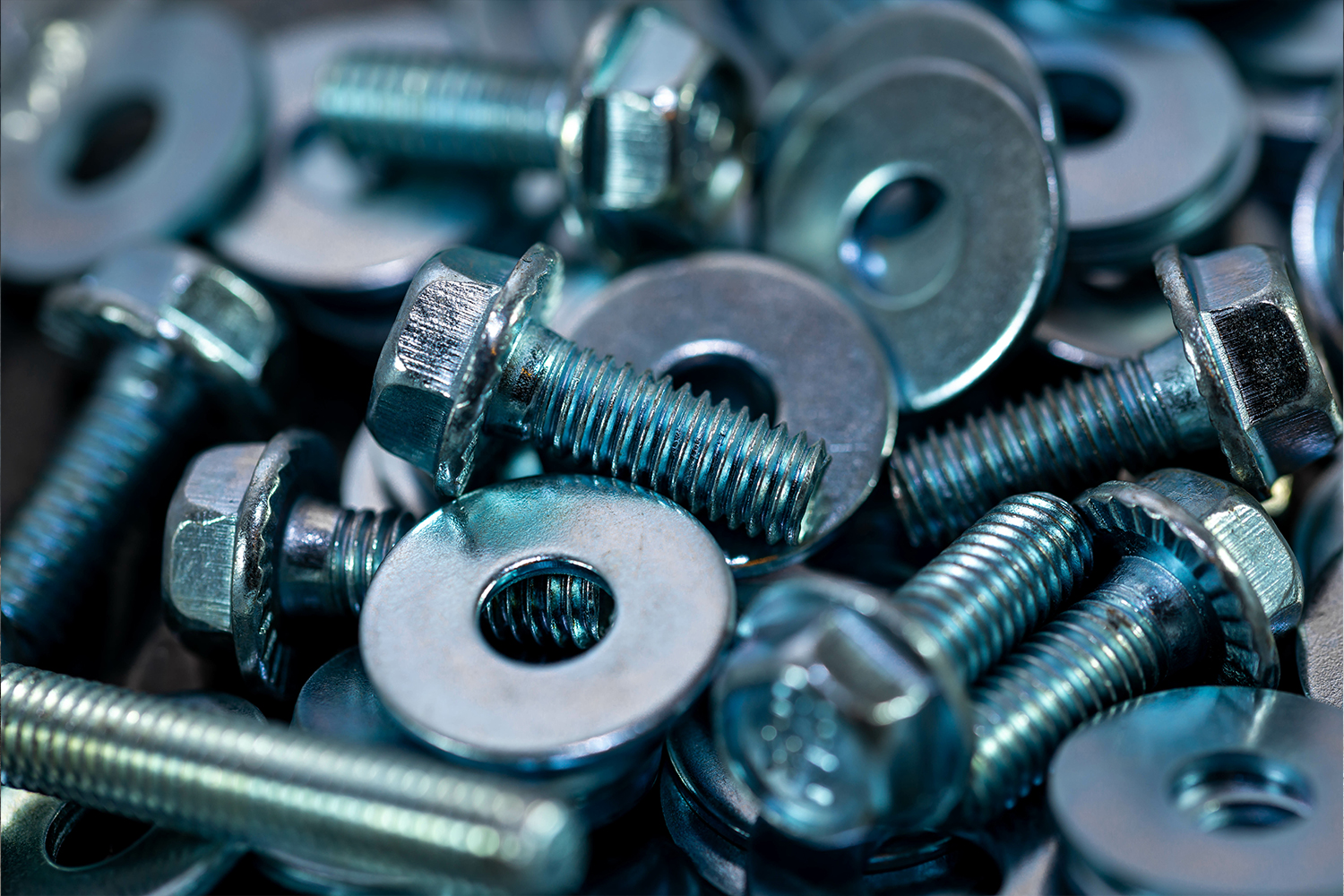
Fasteners Fail Due to Inconsistent or Incorrect Torque: Understanding the Critical Role of Torque in Fastener Performance
Fasteners fail when torque is inconsistent or incorrect. Discover causes, risks, and proven methods to ensure secure, long-lasting assemblies.
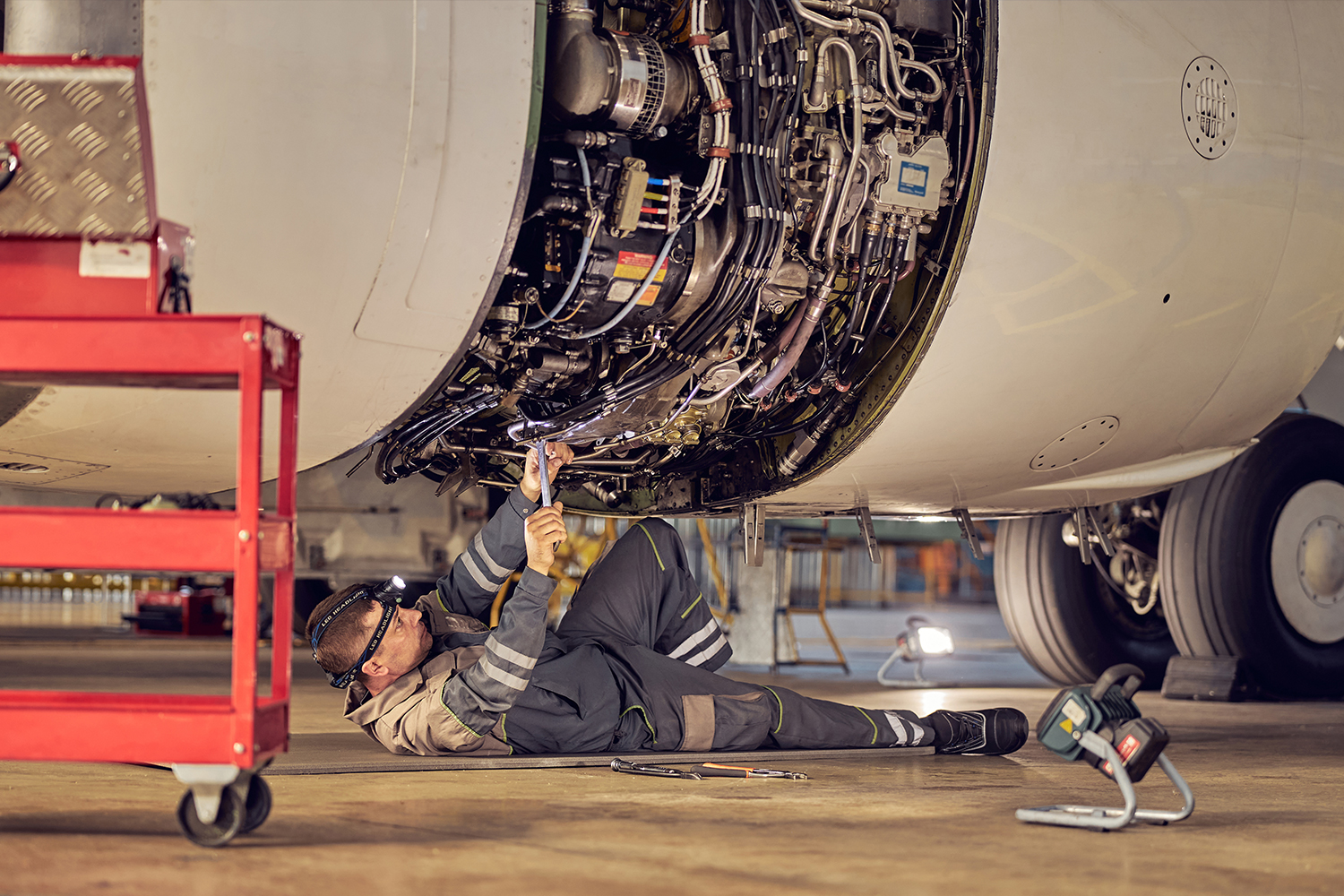
Does Wrench Orientation Affect Torque Accuracy?
Even a calibrated torque wrench can deliver inconsistent results if held at the wrong angle. This article explores how wrench orientation affects torque accuracy, why gravity and operator posture matter, and which tools—like digital torque wrenches and break-over screwdrivers—help ensure consistent results in any position.

When and Why to Recalibrate Your Torque Tools
Torque tools drift over time, causing inconsistent fastener tension, product defects, and failed audits. Learn when to recalibrate your torque wrenches and screwdrivers, how often according to ISO standards, and which tools help maintain accuracy in demanding assembly environments.
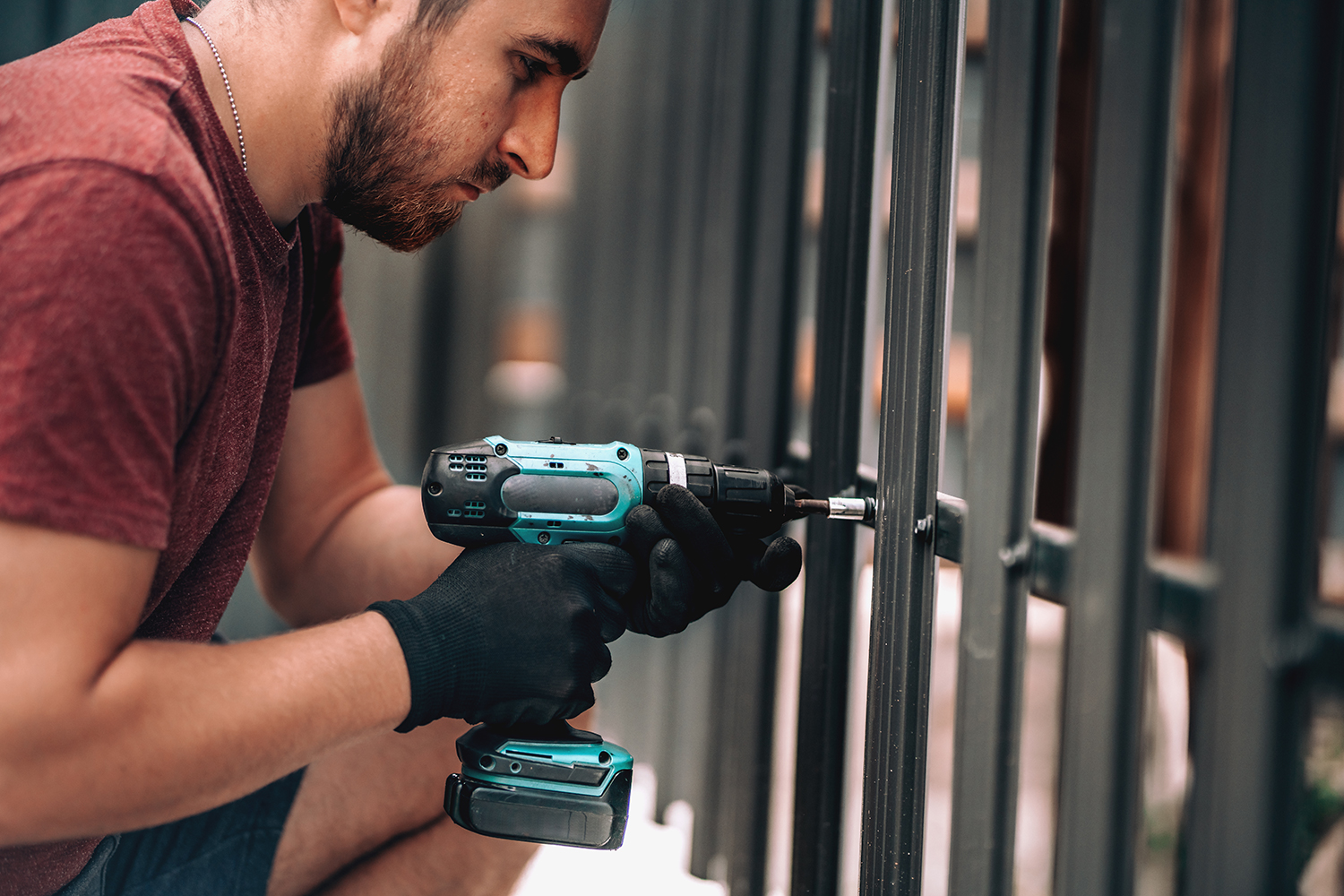
Mastering Screwdriving: Choosing the Right Tools, Techniques, and Torque for Precision Assembly
Discover how professional screwdriving goes beyond spinning fasteners—covering torque control, joint behavior, tool shape, and ergonomics. This guide explores how to choose the right screwdriver, clutch, and power source for any application while preventing quality issues and operator fatigue in modern assembly environments.

The Science and Strategy of Tightening: Engineering Precision in Threaded Fastener Technology
Discover how tightening technique, joint behavior, and the right torque tools combine to ensure consistent clamping force, reduce fastener failures, and improve product reliability across industries.
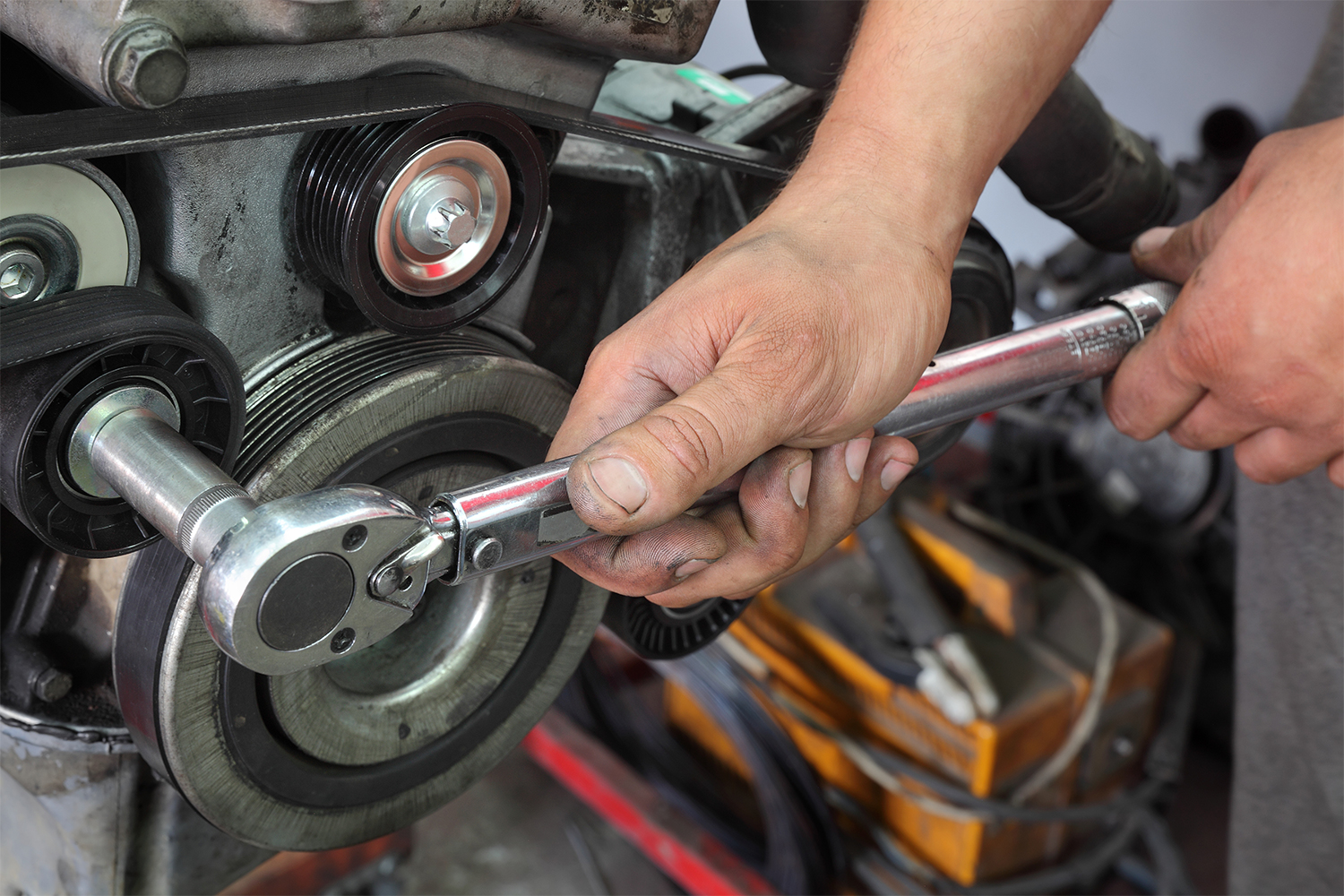
Torque Problems and Solutions: Slipping Torque Wrenches or Clutches that Fail to Engage
Struggling with torque tools that slip or fail to engage? Learn how preset cam-over wrenches, digital click tools, and torque testers can eliminate missed clicks and prevent fastener errors before they happen.

Torque Problems and Solutions: Ergonomic Strain & Operator Fatigue
Repetitive torque work can lead to injuries, fatigue, and inconsistent results. Discover how torque arms, reaction tools, and ergonomic digital wrenches help manufacturers reduce strain, improve accuracy, and protect operator well-being across high-volume assembly lines.

Torque Analyzer vs Torque Sensor: What’s the Difference?
Learn the difference between torque analyzers and torque sensors, how they work together, and how to choose the right setup for calibration and verification.

Best Torque Tools for Preventing Stripped Fasteners
Stripped fasteners can halt production and trigger costly rework. This guide highlights the best torque tools—like cam-over screwdrivers, preset click wrenches, and torque testers—to stop over-tightening at the source. Learn which tools prevent thread damage in electronics, automotive, aerospace, and more.

Torque Tool Calibration Best Practices: A Technician’s Guide to Accurate Fastening
This hands-on guide breaks down torque calibration from a technician’s perspective. Learn practical intervals, daily verification tips, and which tools—like digital wrenches and torque analyzers—help prevent drift before it affects your line. Ideal for manufacturing, QA, and maintenance teams.

Fasteners Fail Due to Inconsistent or Incorrect Torque: Understanding the Critical Role of Torque in Fastener Performance
Fasteners fail when torque is inconsistent or incorrect. Discover causes, risks, and proven methods to ensure secure, long-lasting assemblies.

Does Wrench Orientation Affect Torque Accuracy?
Even a calibrated torque wrench can deliver inconsistent results if held at the wrong angle. This article explores how wrench orientation affects torque accuracy, why gravity and operator posture matter, and which tools—like digital torque wrenches and break-over screwdrivers—help ensure consistent results in any position.

When and Why to Recalibrate Your Torque Tools
Torque tools drift over time, causing inconsistent fastener tension, product defects, and failed audits. Learn when to recalibrate your torque wrenches and screwdrivers, how often according to ISO standards, and which tools help maintain accuracy in demanding assembly environments.

Mastering Screwdriving: Choosing the Right Tools, Techniques, and Torque for Precision Assembly
Discover how professional screwdriving goes beyond spinning fasteners—covering torque control, joint behavior, tool shape, and ergonomics. This guide explores how to choose the right screwdriver, clutch, and power source for any application while preventing quality issues and operator fatigue in modern assembly environments.

The Science and Strategy of Tightening: Engineering Precision in Threaded Fastener Technology
Discover how tightening technique, joint behavior, and the right torque tools combine to ensure consistent clamping force, reduce fastener failures, and improve product reliability across industries.

Torque Problems and Solutions: Slipping Torque Wrenches or Clutches that Fail to Engage
Struggling with torque tools that slip or fail to engage? Learn how preset cam-over wrenches, digital click tools, and torque testers can eliminate missed clicks and prevent fastener errors before they happen.

Torque Problems and Solutions: Ergonomic Strain & Operator Fatigue
Repetitive torque work can lead to injuries, fatigue, and inconsistent results. Discover how torque arms, reaction tools, and ergonomic digital wrenches help manufacturers reduce strain, improve accuracy, and protect operator well-being across high-volume assembly lines.
